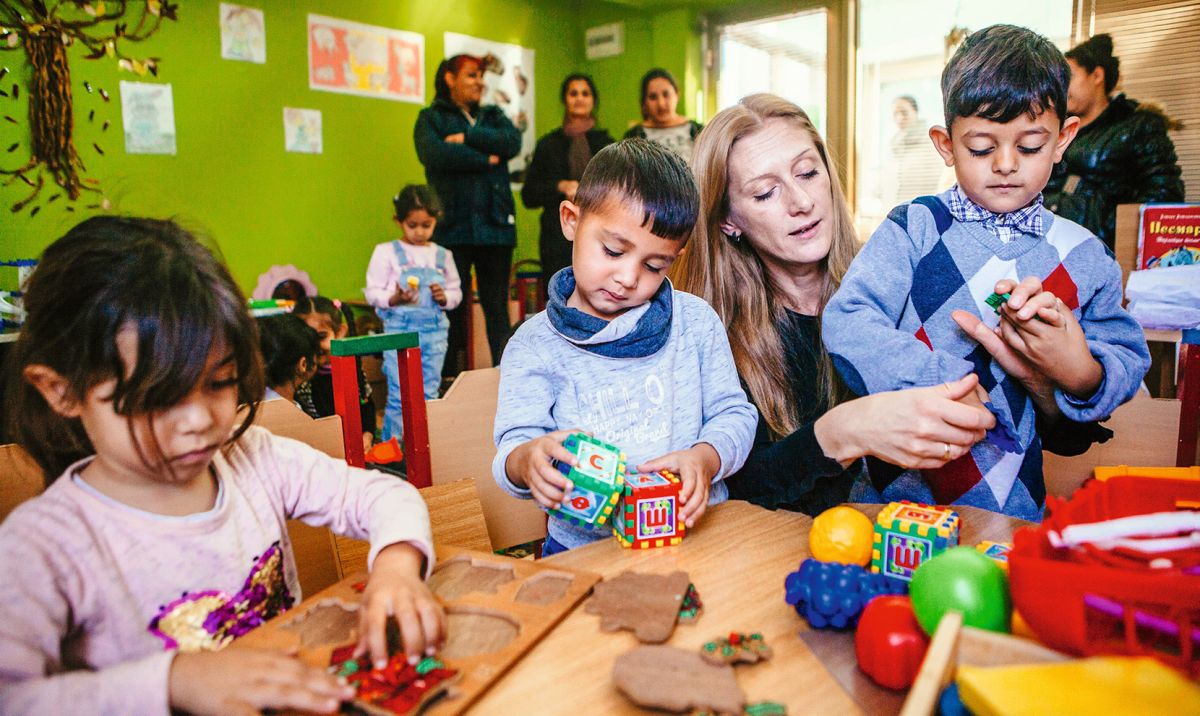Social Inclusion
In the Social Inclusion area, the Programme works on improving capacities of local self-governments and relevant local actors for the development of social inclusion and social protection policies, ensuring a more accountable and integrated local system of measures and services, which results in a better response to the needs of left behind groups.

INCREASING THE AVAILABILITY OF SOCIAL PROTECTION SERVICES
Through technical assistance and financial support for the establishment of improved and new services, the Programme ensures better access to social protection services and realisation of the rights defined by the Law on Social Protection, under equal conditions, for more than 8,000 users from left behind groups.
JOINING FORCES
The Programme strengthens the cooperation of the civil sector and local institutions in a joint response to the needs of the community and contributes to a greater efficiency in providing support to those who need it most, and thus to their better quality of life.
EMPOWERING COMMUNITIES TO PRESERVE FAMILIES
In order to support the child's development in a family environment instead of within an institution, the Programme improves local capacities for the provision of social services aimed at children and families, and supports early interventions for children with developmental disabilities.
SUPPORTING INTERGENERATIONAL COOPERATION
Through the analysis of needs, development of new local policies, establishment of measures for intergenerational cooperation and digital literacy of the older people, the Programme strengthens the capacities of local actors to improve the quality of life of older people and youth.
SUPPORTING INFORMAL WASTE PICKERS
The Programme will support more than 2,000 informal waste pickers, whose income is affected by the construction of regional recycling centres within the "Solid Waste Management" project, which is co-financed by the European Bank for Reconstruction and Development (EBRD) and the French Development Agency (AFD). In addition to support for the legalisation of status on the labour market and the acquisition of skills for better employability, local self-governments will also be empowered to develop and implement policies and measures aimed at ensuring sustainable income and a better economic position for waste pickers.
EXPECTED RESULTS
25
LOCAL SELF-GOVERNMENTS
will improve capacities for implementation of social protection policies and services
20
CIVIL SOCIETY ORGANIZATIONS
will strengthen capacities to provide integrated services for left behind groups
16
LOCAL SELF-GOVERNMENTS
will contribute to the deinstitutionalisation process through services for children and families
12
LOCAL SELF-GOVERNMENTS
will strengthen capacities for improving the lives of the elderly and youth through intergenerational cooperation